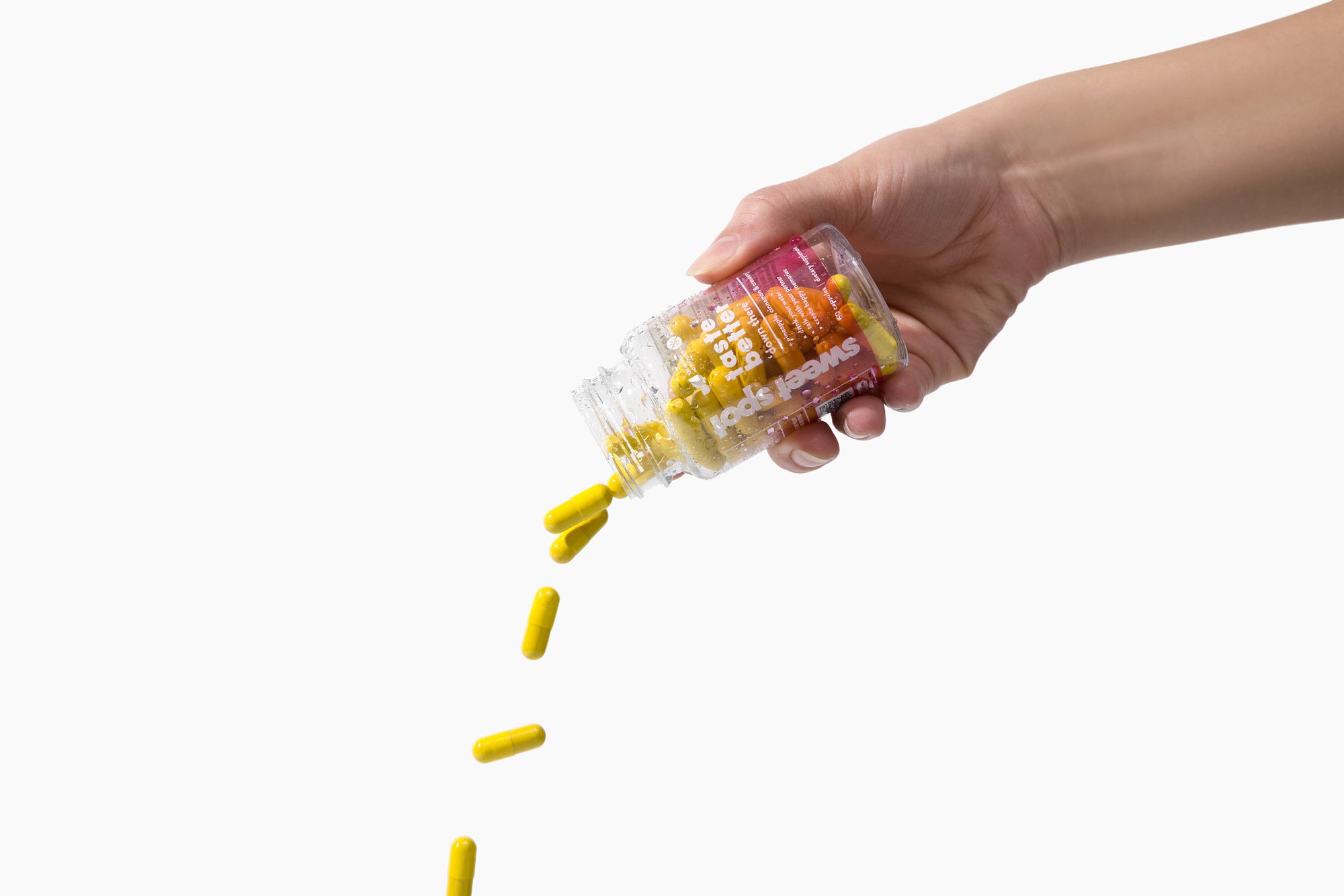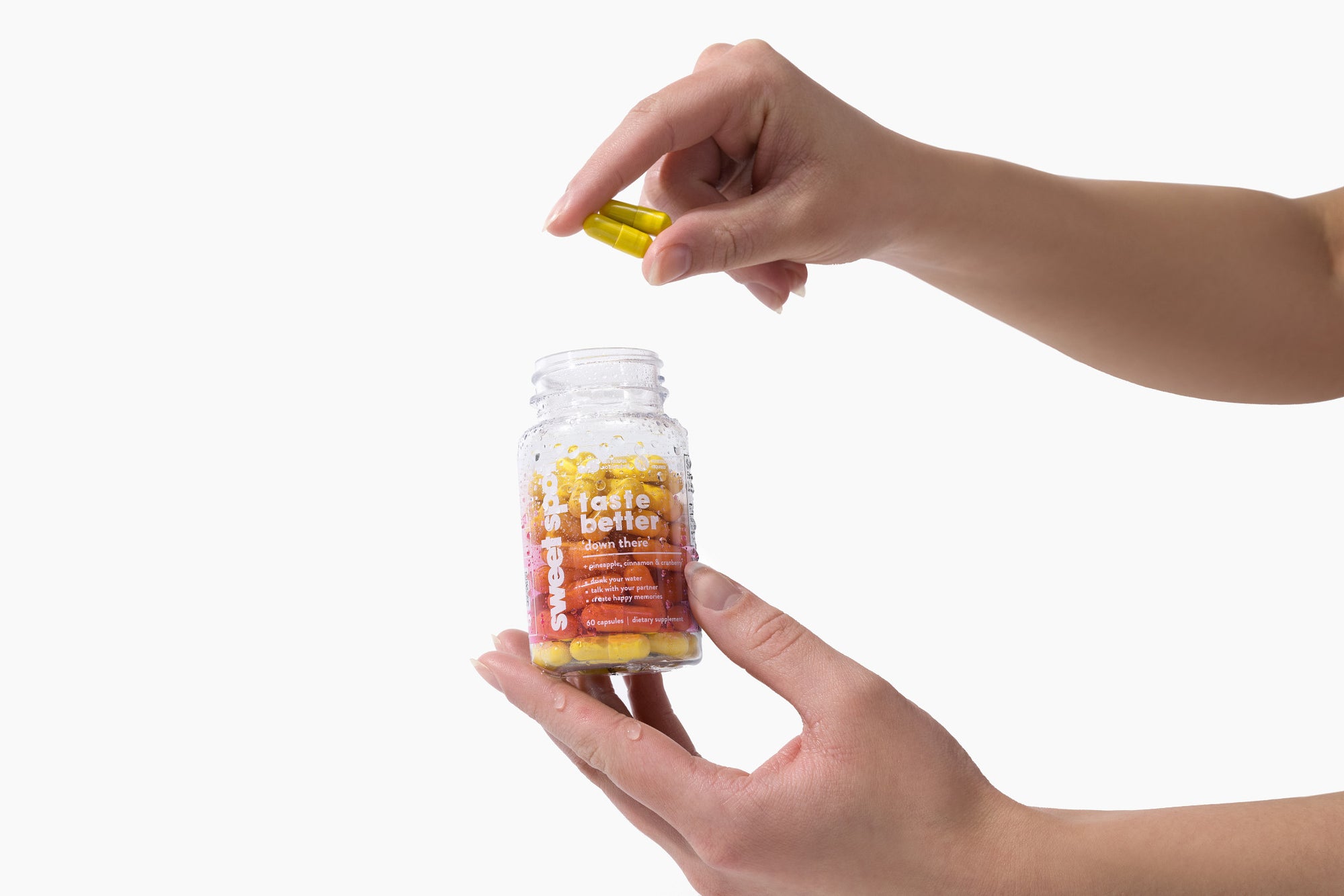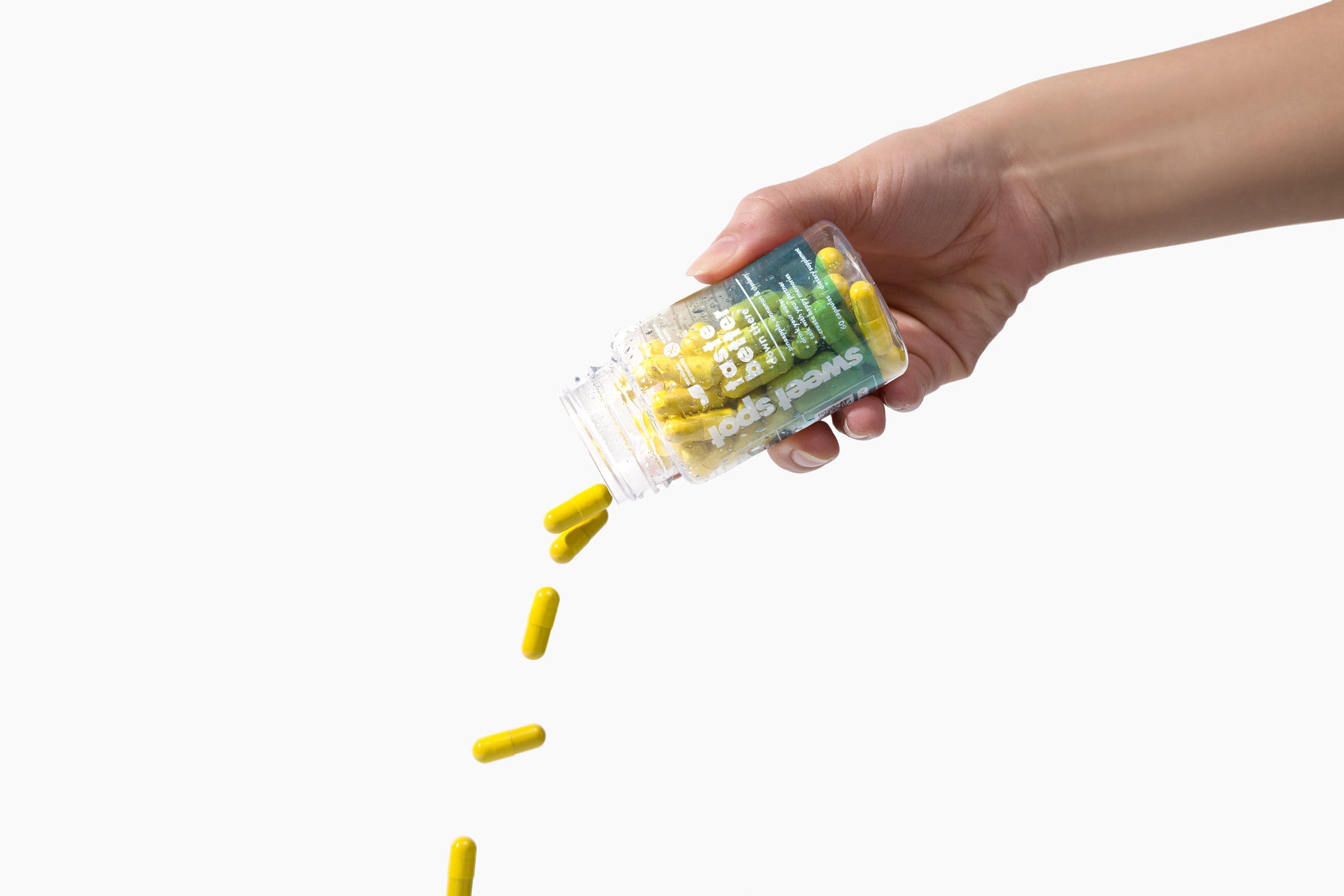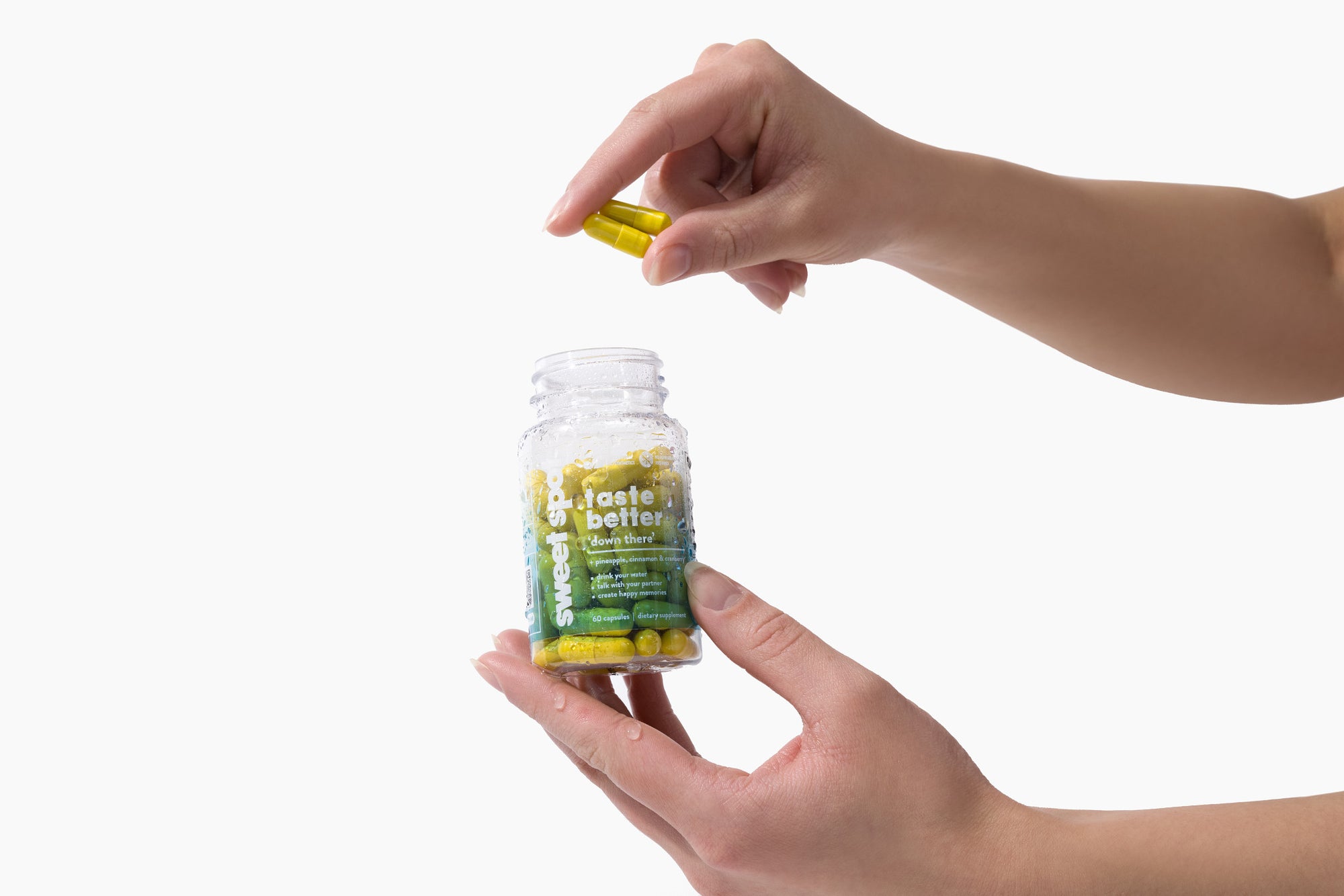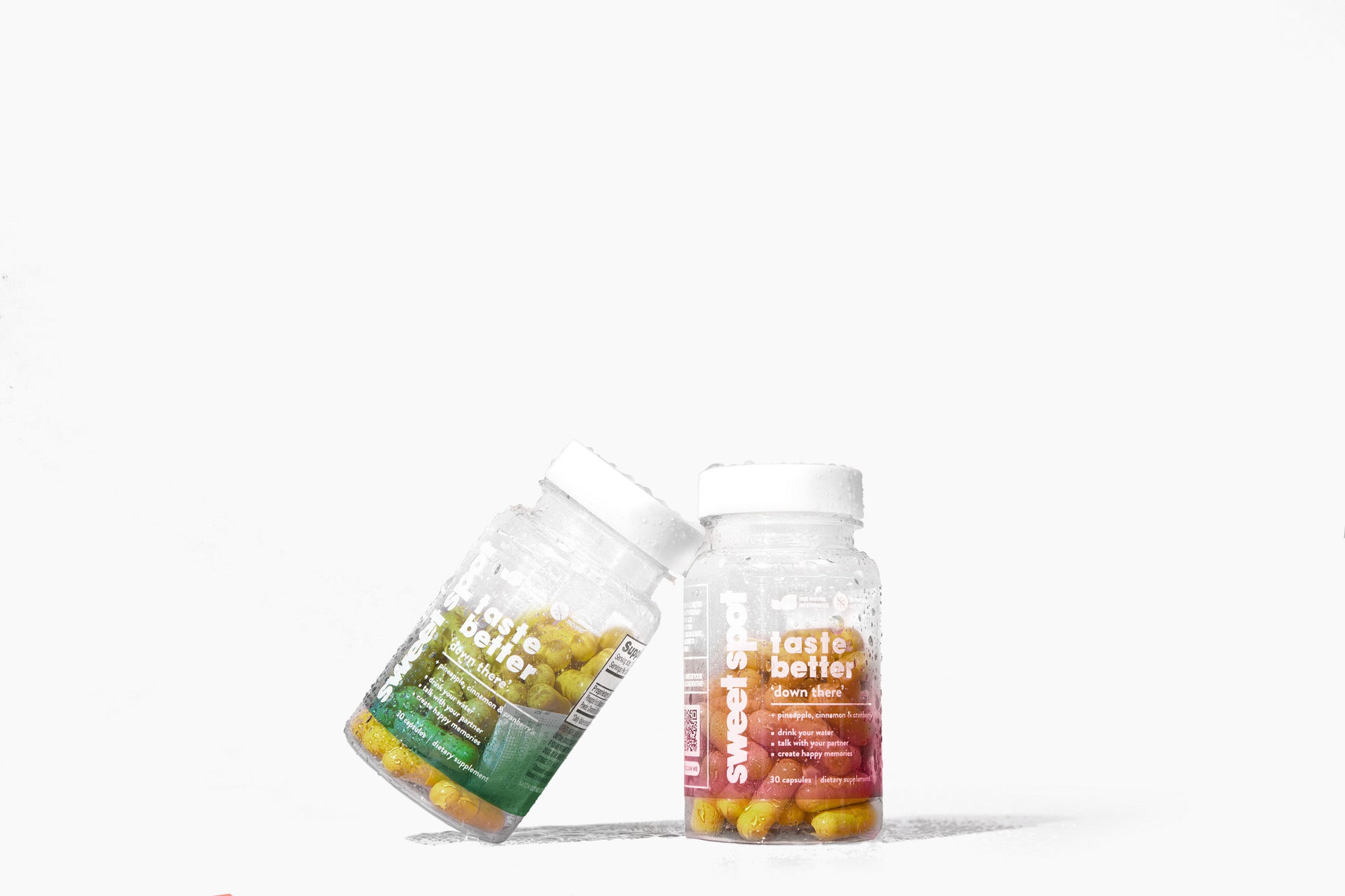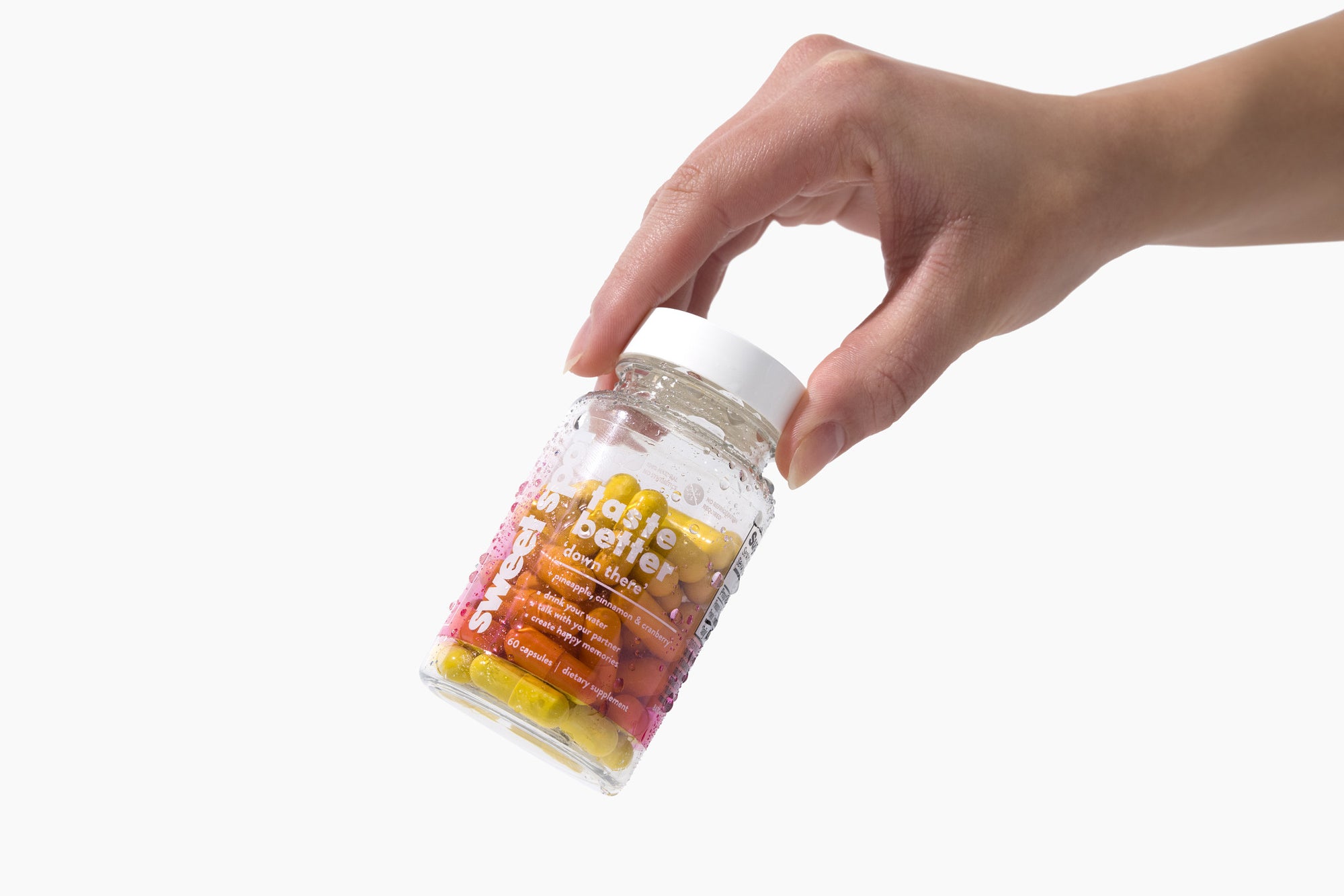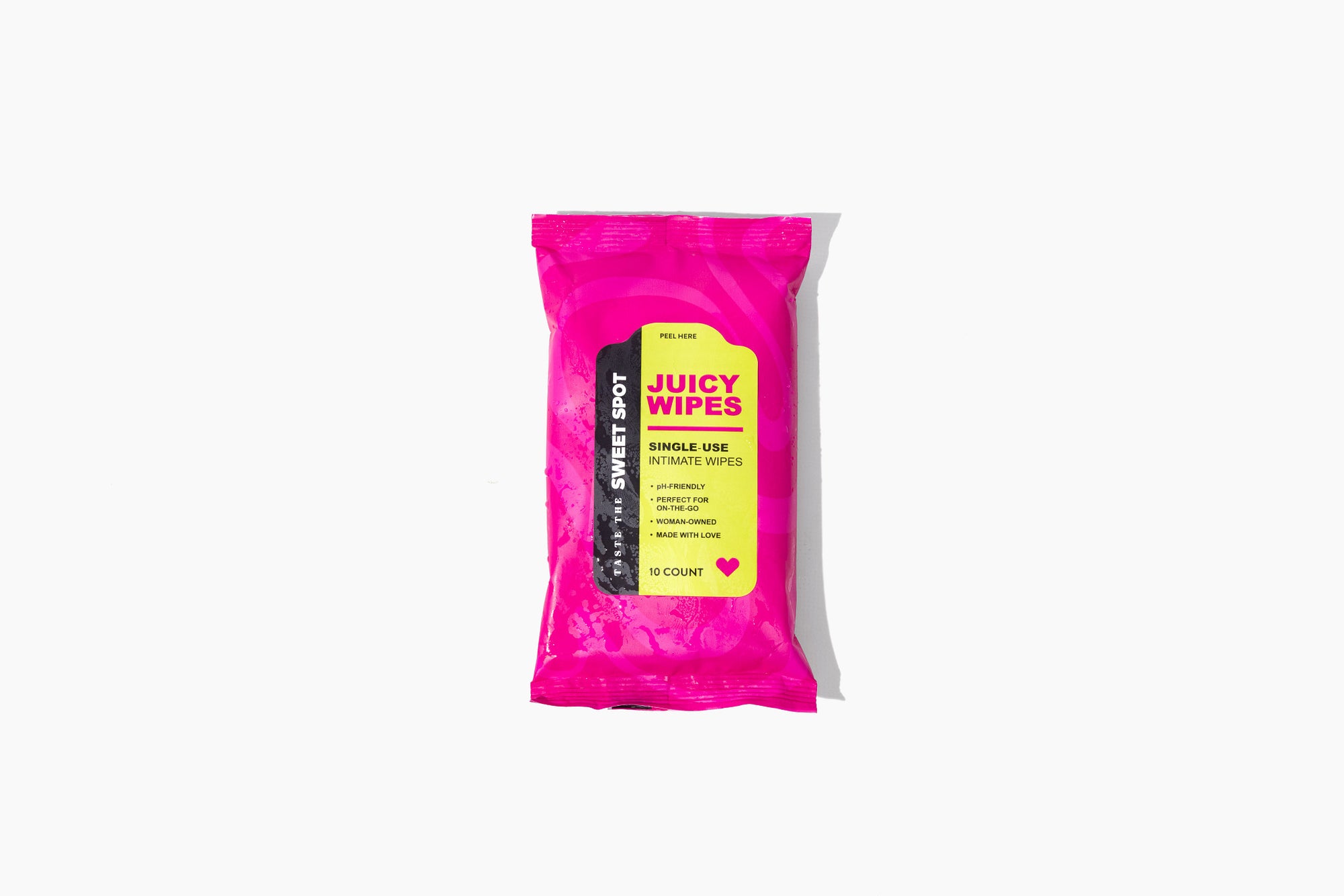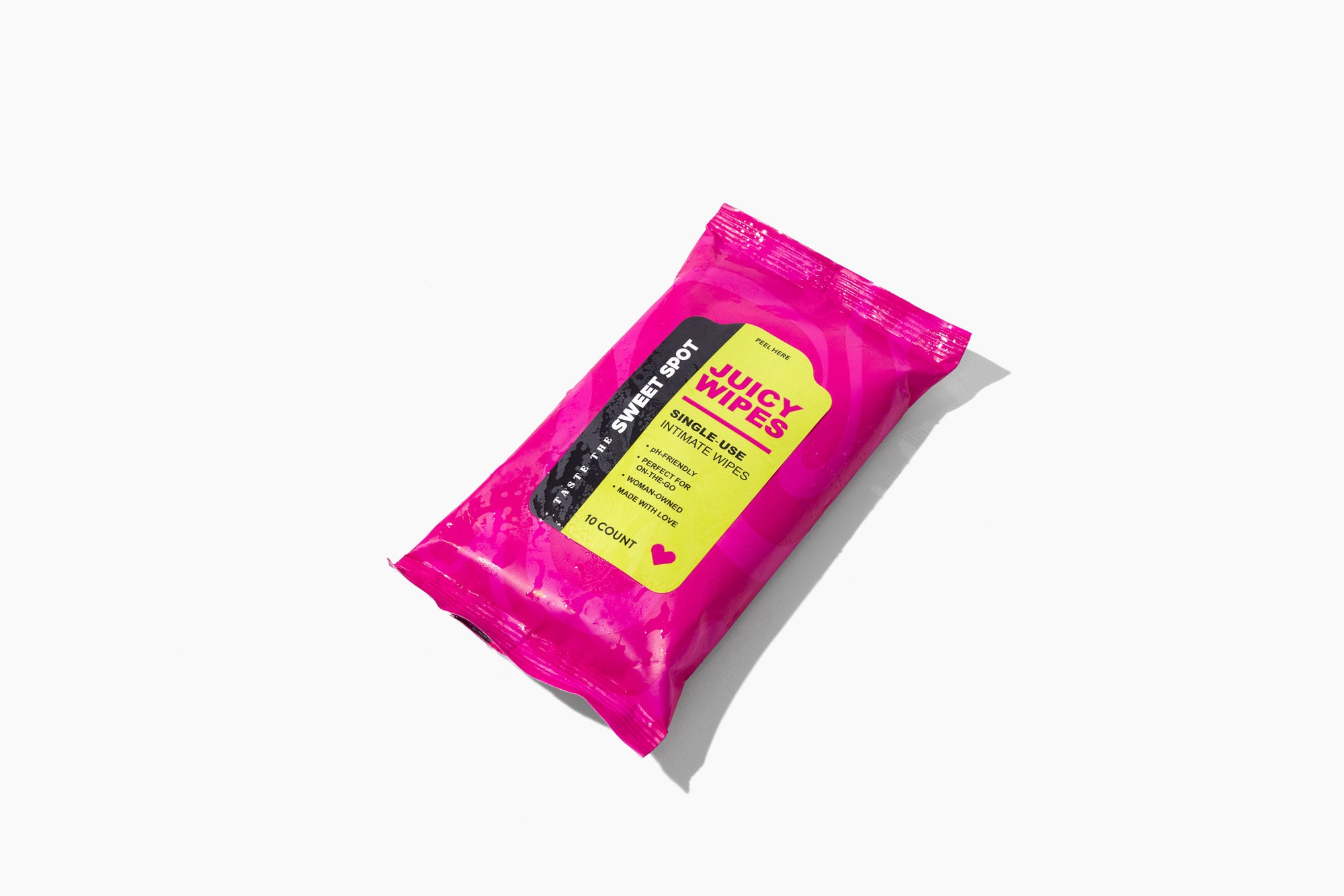

Vaginal Health Supplements: Science, Safety & Solutions
Maintaining optimal vaginal health is crucial for overall well-being, yet it's often overlooked in mainstream health discussions. With the rise of wellness trends and a growing market for feminine health products, it's essential to discern evidence-based solutions from marketing hype.
Understanding Vaginal Health
The Vaginal Ecosystem
The vagina is a self-regulating ecosystem, primarily maintained by beneficial bacteria, predominantly Lactobacillus species. These bacteria produce lactic acid, keeping the vaginal pH acidic (around 3.8 to 4.5), which inhibits the growth of harmful pathogens. Disruptions to this balance can lead to conditions like bacterial vaginosis (BV), yeast infections, and urinary tract infections (UTIs).
Factors Affecting Vaginal Health
-
Antibiotic Use: Can disrupt the natural flora, leading to overgrowth of harmful bacteria.
-
Hormonal Changes: Menstruation, pregnancy, and menopause can alter the vaginal environment.
-
Sexual Activity: New or multiple partners can introduce new bacteria.
-
Hygiene Practices: Douching and the use of scented products can disrupt pH balance.
-
Diet and Lifestyle: Poor nutrition and high stress levels can impact immune function and microbial balance.
The Role of Supplements in Vaginal Health
While the body has natural mechanisms to maintain vaginal health, certain factors—such as antibiotics, hormonal changes, and lifestyle choices—can disrupt this balance. Supplements can aid in restoring and maintaining vaginal health by:
-
Replenishing Beneficial Bacteria: Probiotics can help restore the natural flora.
-
Supporting Mucosal Integrity: Vitamins and fatty acids can strengthen vaginal tissues.
-
Modulating Immune Responses: Certain nutrients enhance the body's defense mechanisms.
Key Supplements for Vaginal Health
1. Probiotics
Lactobacillus strains, such as L. rhamnosus and L. reuteri, are pivotal in maintaining vaginal flora. Studies have shown that these probiotics can reduce the recurrence of BV and yeast infections.
2. Vitamin D
Vitamin D plays a role in immune function and has been linked to vaginal health. A deficiency in vitamin D may increase susceptibility to infections. Supplementation can help in maintaining the mucosal barrier and pH balance.
3. Vitamin C
As an antioxidant, vitamin C supports tissue repair and may help in preventing recurrent BV by maintaining an acidic vaginal environment.
4. Vitamin E
Vitamin E has been found to alleviate symptoms of vaginal atrophy, especially in postmenopausal women, by enhancing moisture and reducing irritation.
5. Omega-3 Fatty Acids
Omega-3s, found in fish oil, have anti-inflammatory properties and can support hormonal balance, potentially reducing symptoms like vaginal dryness.
6. Zinc
Zinc supports immune function and has been associated with improved vaginal mucosal health, potentially reducing the risk of infections.
7. B Vitamins
B vitamins, particularly B6 and B12, are important for hormonal balance and can help improve symptoms associated with hormonal fluctuations. They also support energy metabolism, which is essential during menstruation and pregnancy.
8. Magnesium
Magnesium is involved in over 600 biochemical reactions in the body, including those related to muscle function and mood regulation. Adequate magnesium levels can help alleviate menstrual cramps and support overall reproductive health.
9. Isoflavones
Isoflavones are plant-based compounds found in soy that mimic estrogen. They can help alleviate menopause symptoms, including vaginal dryness and atrophy.
Caution: Supplements to Use with Care
Boric Acid
Boric acid has been used to treat recurrent yeast infections and BV. However, its use should be under medical supervision, as improper use can lead to irritation and other side effects.
Lifestyle Factors Influencing Vaginal Health
Hygiene Practices
-
Avoid douching and use fragrance-free products.
-
Wear breathable cotton underwear.
-
Maintain regular gynecological check-ups.
Diet
A balanced diet rich in probiotics and essential nutrients supports overall health. Incorporate fermented foods like yogurt, kefir, and sauerkraut.
Safe Sexual Practices
Using protection and maintaining open communication with partners can prevent infections.
Choosing the Right Supplements
When selecting supplements:
-
Check for Clinically Studied Ingredients: Ensure the product contains strains and nutrients backed by research.
-
Quality Assurance: Look for third-party testing and certifications.
-
Consult Healthcare Providers: Before starting any supplement, discuss with a healthcare professional, especially if you have existing health conditions or are on medications.
Recommended Source: Taste The Sweet Spot
For those seeking high-quality vaginal health supplements, Taste The Sweet Spot offers a curated selection of products formulated to support and enhance vaginal well-being. Their range includes probiotics tailored for women, aiming to restore and maintain the natural balance of vaginal flora. With a focus on science-backed ingredients and customer satisfaction, they provide a reliable option for those prioritizing intimate health.



